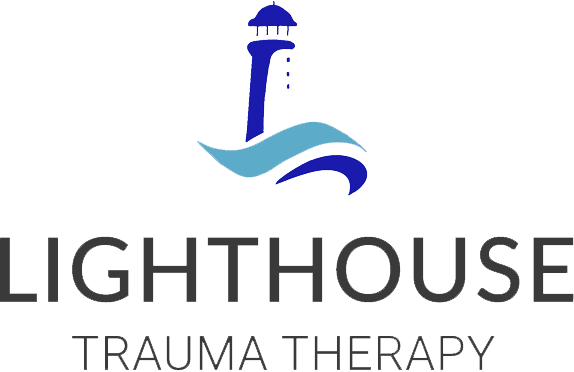
EMDR Therapy
At Lighthouse Trauma Therapy, we offer expert EMDR therapy, or Eye Movement Desensitization and Reprocessing, a powerful treatment method proven effective for addressing traumatic memories and PTSD.
Our skilled EMDR therapists integrate traditional therapeutic methods with advanced techniques and tools, ensuring a deeply personalized healing experience that significantly reduces emotional distress.
What is EMDR Therapy?
Eye Movement Desensitization and Reprocessing (EMDR) is a therapy designed to help people heal from the lingering effects of traumatic experiences. It’s especially helpful for those dealing with symptoms like flashbacks, anxiety, or feeling stuck in painful memories. Unlike traditional talk therapy, EMDR focuses on helping your brain reprocess these memories so they don’t keep disrupting your life. It’s a structured approach, guided by trained therapists, that’s been widely studied and used to support people with trauma-related challenges.
How Does EMDR Therapy Work?
EMDR works by tapping into the brain’s natural ability to process and store memories. Traumatic experiences can get “stuck,” causing intense emotions or physical reactions when triggered. In EMDR, we guide you through recalling these memories while using techniques like side-to-side eye movements, sounds, or taps. This process, called bilateral stimulation, helps your brain rewire how those memories are stored, making them less overwhelming. We follow an eight-step plan, starting with building trust and understanding your needs, then carefully working through targeted memories to reduce their emotional grip. It’s not about erasing the past but helping you live with it more peacefully.
How Can EMDR Therapy Help Me?
EMDR therapy helps patients by enabling them to access, process, and resolve disturbing memories that are causing emotional distress. Through bilateral stimulation, patients can reorganize their traumatic memories, reducing associated negative emotions and enhancing psychological well-being.
Would You Like to Begin Your Healing Journey?
Call us at (801) 921-6617 or submit a request from the form below. We’re happy to answer any questions you may have! Please feel free to reach out to us.
Related Services
Couples Therapy
Individual Therapy
PTSD Therapy

Would You Like to Know More About Therapy?
We have published articles on how sessions work and our services and techniques we use. Check out our library.
